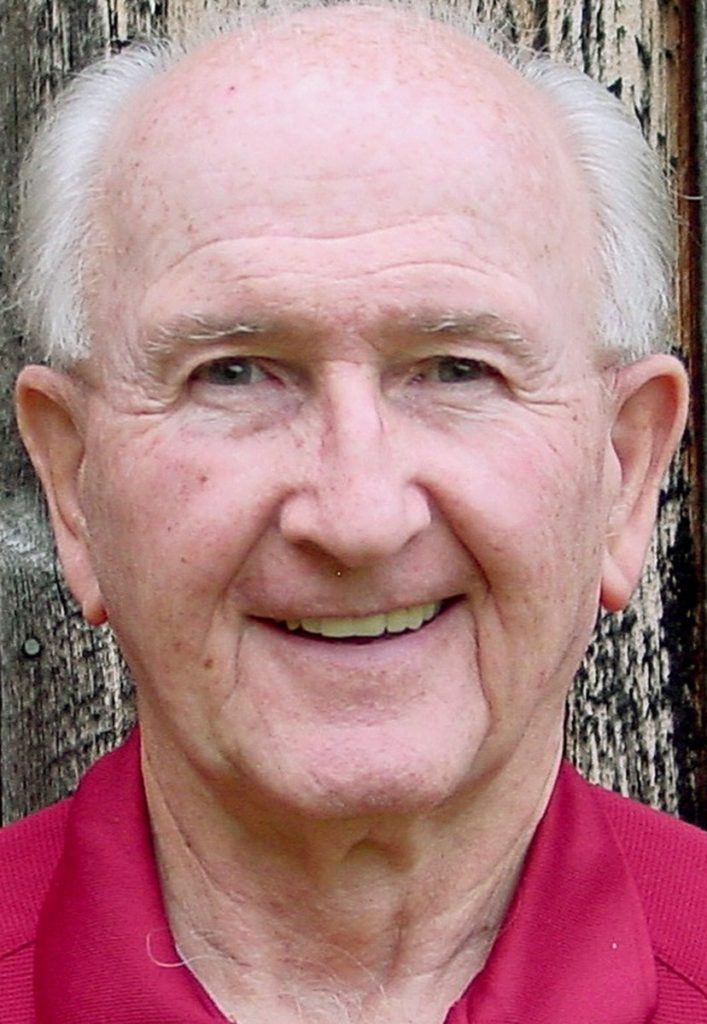Column by Mike Zagata for October 26, 2018.
Science Can Be Political Tool,
And Even Worse, Up For Sale

I read with interest and admiration the article in last week’s paper about the different kinds of “truth.”
Objective truth is the “truth” that
is supported by fact. Subjective “truth” is what circumstances point toward or what we want, based on the information we have at our disposal,
to believe.
The Senate confirmation hearings for judge, now justice, Kavanaugh were used in the article to illustrate the differences.
I found myself agreeing with the points being made until the author alleged that
it was the Republicans
who failed in the search for
THE truth by not having the FBI conduct a thorough investigation.
The truth is that we have no idea whether or not their investigation was “thorough.” What we do know is that the Democrats
sat on the information alleging
sexual abuse until AFTER the
Senate hearings.
Had they wanted the FBI to do a thorough investigation in search of the “truth”, the information about alleged sexual abuse would have been provided to the FBI
BEFORE, not AFTER, the
hearings. Had that been done, the FBI’s findings would have been a part of those hearings and thus fully vetted.
Based on that information, one can conclude the real agenda was not a search for the “truth”, but an attempt to delay the judge’s confirmation until after the mid-term elections.
•
Does that conclusion represent the objective or subjective “truth”? Each of us enters the search for the real “truth”

with built-in bias. That makes it very difficult to accept
information that differs from the results we want, i.e.
don’t confuse me with the facts.
It becomes tempting to omit certain information when offering our version of the truth to others. For example, the author omitted the fact that the ranking Democrat on the Senate Judiciary Committee sat on the allegation of sexual abuse for six weeks prior to the hearings. Without that information, it is much easier to “sell” the truth that the FBI didn’t do a thorough investigation.
•
Finding the truth is not easy. I was invited to lunch recently by a person who wanted to talk about climate change. The person was very sincere and had done considerable research on the topic. In fact, it was that research that led to confusion, because one source stated that the recent deviations in our climate were outside the norm and another source said they weren’t.
How does the average lay person or non-scientist determine which one is the “truth”?
Unfortunately, science has become a political tool and, worse yet, can be for sale. If a scientist gets a government funded grant to do research on climate change, should that scientist’s findings have to agree with the government’s position? The answer is “no”, but grants have been withdrawn when
they didn’t.
That’s not true “science” where we test the null hypothesis and let the chips fall where they might. If we deliberately omit data points because they aren’t consistent with what
we want them to be, that isn’t
good science.
The downsides of doing so are a loss of public confidence and the expenditure of scarce capital to cure a problem that may not exist. If we cry “wolf” when there is no wolf, will the public be willing to support what needs to be done when a real “wolf” exists?
•
It’s election season, and we’re all being bombarded by various versions of the truth by candidates for office. I do not personally know all of the candidates, so I can only reach the subjective truth about how I feel they will perform if elected.
I do, however, personally know two of the candidates – state Sen. Jim Seward and Congressman John Faso. I worked with them while serving as your DEC commissioner and knew John as a neighbor.
I have watched them make the tough decisions based upon the objective truth when they could have ducked them. Those decisions were intended to provide real, measurable benefit to their constituents. That’s the objective truth based on fact.
Mike Zagata, DEC commissioner in the Pataki Administration and an environmental executive for Fortune 500 companies, lives in West Davenport.

